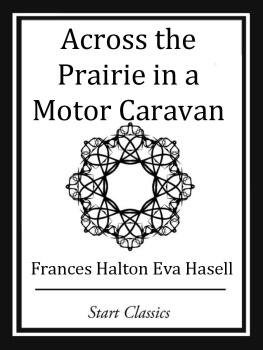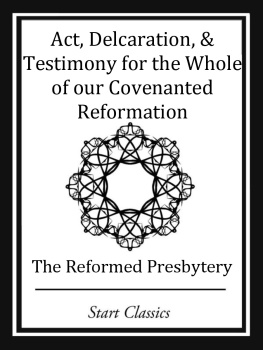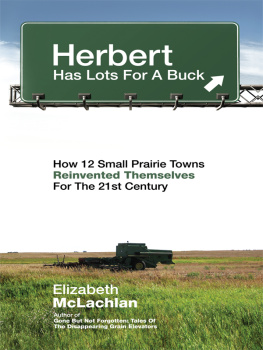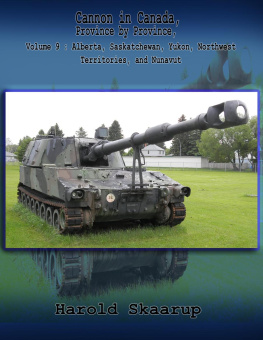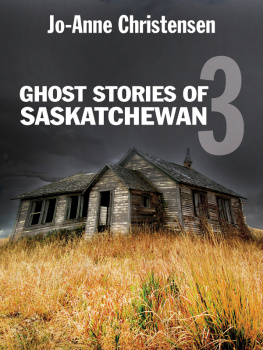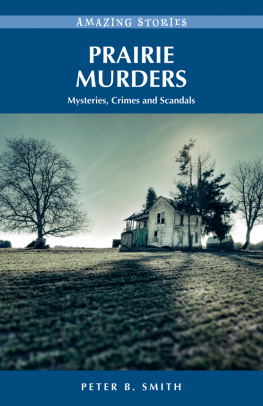CHAPTER I
THE CALL OF THE PRAIRIE
The diocese of Qu'Appelle, in the province of Saskatchewan, Western Canada, is so named from the Indian story which tells of the maiden who lay dying, calling piteously for her lover. He, far off in his canoe on the Saskatchewan River, suddenly heard a voice, and answered: "Qu'Appelle." The voice came again, and then he knew it for that of his beloved, and made all speed to her side. But, alas! when he reached her she was dead.
Qu'Appelle is a suggestive title and indicative of the call which so many have heard from the prairie provinces, a twofold call, urging some to earthly and some to spiritual husbandry. Some account of the Western Canada of to-day may be useful here.
The exigencies of life on the prairie tend to make men think rather of building greater barns than of that day when their souls shall be required of them. When a man with little capital takes up a prairie "section" he is gambling with fortune, the welfare of his nearest and dearest being at stake. At the same time it is a worthy venture, a response to the age-old command to till the earth and subdue it; and it is often the only way whereby a man may become his own master, a landowner, and one who, in developing the treasures of the earth, adds materially to the well-being of his fellows. For the wheat from the prairies of Western Canada is the hardest and finest in the world.
The prospective settler buys a section (640 acres), a half or a quarter section, as the case may be, and, helped by a loan from the Government for the purchase of implements, ploughs and sows the virgin soil, building a shack for himself and his family. The first three years are touch and go. Drought in early summer or torrential storms in harvest will effectually ruin the crops, but when once a good crop is raised the profit is very satisfactory. The perils of drought and storm, however, always remain, though with increasing capital the risk is lessened. The life is one long wrestling-bout--man's brain and muscle pitted against the forces of nature; but when he is victorious the reward is great.
It is a virile country peopled with virile men (for only the strong can "make good" out there). But these men have already realised that man cannot live by bread alone. Close to nature, man feels the presence of God. The wide sweep of the prairie, enamelled with a thousand flowers or gilded with the ripened corn; the vast dome of the sky; the glorious sunsets and awful storms--all make men conscious of the power and might and majesty of the Supreme Being. So that beneath the feverish search for wealth there is a deep, if unrealised, thirst for the things of God.
But many of these sheep have been for years without a shepherd, and such knowledge of religion as they once possessed has been choked by the cares of this world; and their children--the men and women of the future on whom so much depends--are growing up in many places without any religious teaching at all. One result of this state of things is that there is no Christian public opinion on which to start this new country. It is even said that it is not unusual to hear men boast: "We cheat others before they cheat us."
Another terrible result is that, unrestrained by spiritual forces, the animal instincts have gained the upper hand and immorality is rife. In the Bulletin of Social Service in Saskatchewan for June 1, 1920, under the heading: "Some Measures Urgently Needed," No. 10 runs: "Higher standards in our laws regarding sex offences. Ours are the lowest in the Empire, due to the Senate's repeated rejection of amending measures."
A disintegrating factor in the religious and moral life of Western Canada is no doubt to be found in the mixture of races and the resultant intermarriages. Almost every race and sect is represented. There are about eighty different religions, including many eccentric and obscure sects such as "Daniel's Band," "Doukhobors," and "Holy Rollers." According to the census of 1916 the Christian churches in Saskatchewan are numerically strong in the following order: Presbyterian, Roman Catholic, Methodist, Anglican, Lutheran, Greek Church, Baptist. The proportion of Anglicans has probably increased since then.
In 1910 the Archbishop of Rupertsland appealed to the Archbishops of Canterbury and York to send out clergy to attend to the needs of the numerous British settlers who were pouring into the country. (Between 1900 and 1920 one million two hundred and fifty thousand persons have emigrated from Great Britain to Canada.) The Archbishops' Western Canada Fund was the answer to this appeal. The cause interested me extremely, and I became one of the collectors for the diocese of Carlisle. This diocese raised 3,000 and built St. Cuthbert's Hostel in Regina, and later raised another 1,000 towards the 50,000 needed for the endowment of the Western Canada missions.
Three missions were started by the Fund in Edmonton, Southern Alberta, and Saskatchewan respectively, but we are only concerned with the latter. In this province many small towns had sprung up owing to the great influx of immigrants (mostly British) and to the rapid railway construction, while the surrounding prairie was dotted with isolated farms and hamlets. It was with the special needs of these people that the Regina Railway Mission had to deal. Accordingly, several clergy and laymen went out from England, made the hostel at Regina their headquarters, and visited the surrounding country. They lived in one-roomed shacks, doing their own "chores," and often driving about eighty miles on a Sunday in order to take four services a day. They returned to the hostel once a quarter for spiritual refreshment, rest, and discussion of their work with the head of the Mission and with each other.
Meanwhile, a pioneer movement was on foot in the Old Country. At St. Christopher's College, Blackheath, a specialised training in the matter and method of religious education had been inaugurated for women prepared to undertake this branch of social service. I was asked to become Diocesan Sunday School Organiser for the diocese of Carlisle, and went to train at St. Christopher's in 1914. There I met Miss Aylmer Bosanquet and Miss Nona Clarke, and was naturally very interested to find that these new acquaintances were anxious to go out to Regina and do Sunday-school work in connection with the Railway Mission. A firm friendship resulted from this common interest.
Aylmer Bosanquet's plan was to go out with Nona Clarke and live on the prairie, working amongst the children and supplementing the work of the clergy in any other possible way. She proposed to finance the expedition entirely herself. At first the Secretary for the Archbishops' Western Canada Fund was very dubious about accepting her generous offer, having been out in Canada himself, and knowing that life in a prairie shack is exceedingly hard for gently nurtured women. But Aylmer Bosanquet was so urgent that at last she won the day, and she and Nona Clarke went out to Regina in 1915. They established themselves at Kenaston, where they lived in a three-roomed shack and did all their own work, even to the grooming of the buggy horses.
The women missioners went up to Regina once a quarter, when the clergy and laymen met to discuss their work. They brought valuable contributions to the matter in hand. They had found great ignorance amongst the children, some of whom did not even know the Lord's Prayer. At their first Christmas they found several children who had never heard of the birth of Christ. All that the holy season meant to them was contained in the nursery legend of Father Christmas.
This ignorance is largely due to there being no Scripture teaching in the public elementary schools, although there is a clause in the Saskatchewan Education Act which says that the last half-hour of every day may be given to Scripture teaching if the trustees are agreed. Unfortunately, they seldom do agree in this matter, as they usually belong to different religious bodies. Nor is there any religious teaching in the collegiate schools (which correspond with English high schools), even in Regina, the capital of the province. The following answer was given by a collegiate girl in a secular examination: "When William the Conqueror went to England he found no code of laws, and so he drew up the Ten Commandments."

